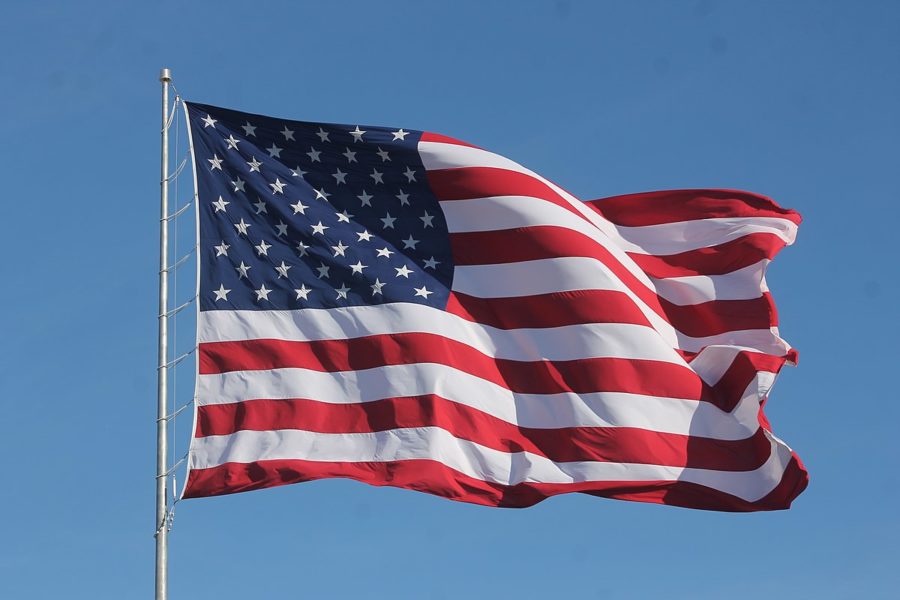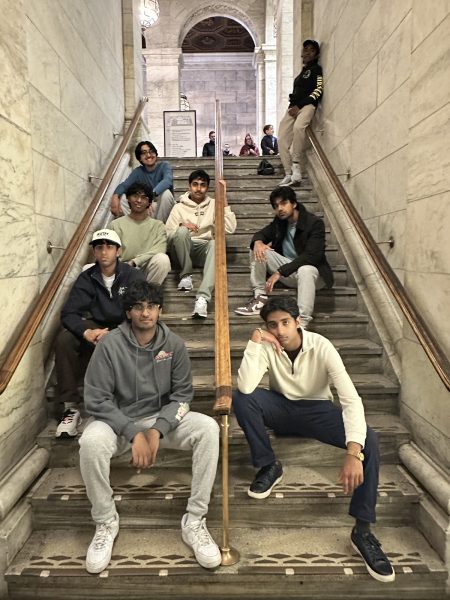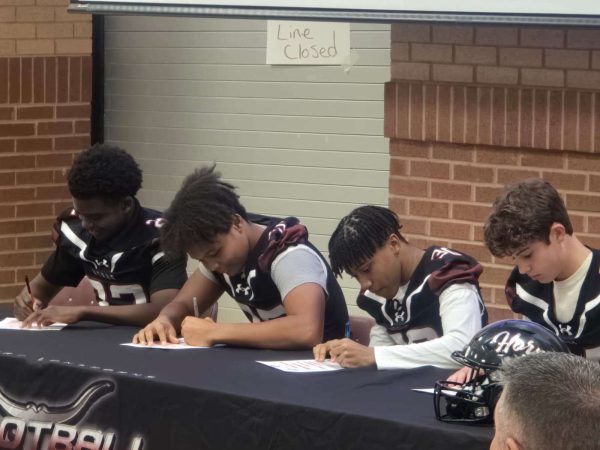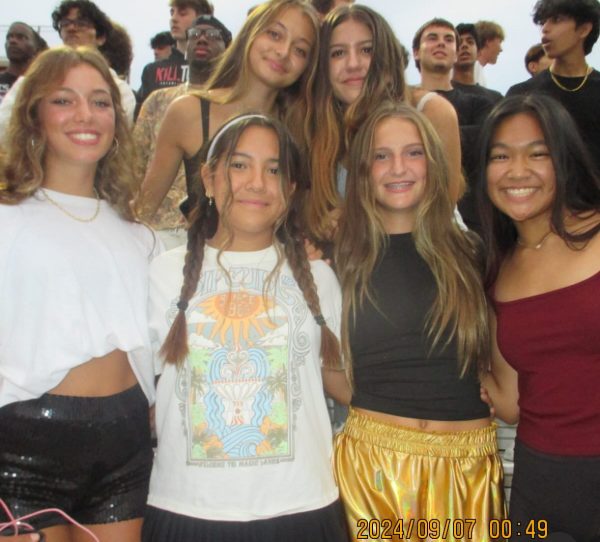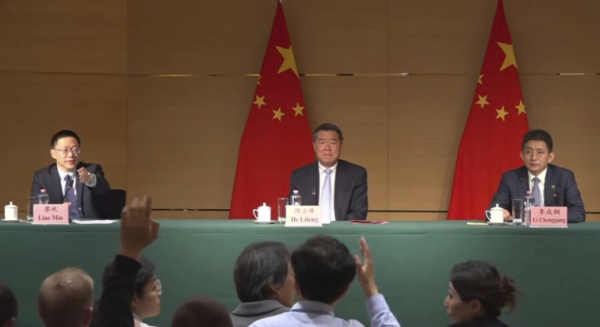Perception of the Pledge
“I pledge allegiance to the flag of the United States of America.
And to the republic, of which it stands,
One nation, under God,
Indivisible with liberty and justice for all.”
It’s something that every student in the U.S has ingrained in their memory and recited from their very first day of school. The Pledge of Allegiance is a staple of public education and has been since it was adopted in 1954. However, 67 years have passed since and the world is a different place than it was before. To put that into perspective, the U.S in that time has been involved in 27 major military campaigns and 11 presidents have come and gone. However, throughout history, the pledge has remained as a significant part of the education system
The original version of the pledge was published in 1892 to celebrate Columbus Day and reads “I pledge allegiance to my Flag and to the Republic for which it stands: one Nation indivisible, with Liberty and Justice for all.” What’s interesting here is that there’s no mention of any specific country which is intriguing because it could reasonably be applied to most countries.
In 1943, West Virginia Board of Education Vs. Barnette, a monumental court case ,t ook place when a group of Jehovah’s Witnesses argued that having to salute the flag during school was a violation of free speech guaranteed by the 1st amendment. The court agreed and in the process repealed a former ruling that stated the opposite. This means that according to law, nobody can stop anyone from not saluting the flag, which in this case means reciting the Pledge of Allegiance.
On the other hand, the flag represents the country we all live in, and no matter whether you agree with the state of the nation or not, we are all united under the same banner.
To find out what people in our school thought about the subject, I talked to Mr. McCain, one of our U.S History teachers who served 26 years in the army.
During the interview, he made it clear he understands that nobody can force anyone to stand or say the pledge without infringing on first amendment rights.
“I highly request that they [students] stand up for the pledge, whether they recite it or not, that’s up to them but to stand for the pledge, just out of respect for your country,” McCain explained.
We also discussed how it mostly comes down to respect, meaning respecting our country and it’s veterans, current soldiers and citizens, past and present.
Our conversation helped me understand that to a lot of people, the Pledge of Allegiance is about expressing your patriotism and respect to our country.
To see what others felt, I talked to a friend and fellow freshman, John Carlson. He gave me valuable student insight about the topic at hand.
“It’s good for the younger kids but not so much for the older kids” in the way that “They’ve beat it into us enough about having to learn it,” he told me.
His quote actually made me laugh a little as I could relate with the experience of the droning sound of kids reciting the pledge day after day.
When I asked him why we say the pledge in the first place, he replied “so they can respect our country and what it was founded on,” which I found especially interesting because it mirrors what Mr. McCain had previously said about respecting our country.
From both individuals, I found similar, but slightly different viewpoints about how standing for the pledge is a personal choice, but in the end it’s about respect. The world around us is an ever-shifting experience, and the view of the world is becoming more accepting and less rooted in tradition. The Pledge of Allegiance has its place for educating and helping children respect our country and what it means. As we grow up and become more engaged in the world around us, the message has become diluted in repetition.
I hope you learned something interesting in this article. I don’t intend for it to be some sort of half-hazard political manifesto. It’s just a simple commentary that features commentary from the people of Lambert.
Your donation will help support The Lambert Post, Lambert High Schools student-run newspaper! Your contribution will allow us to purchase equipment and cover website hosting costs.



